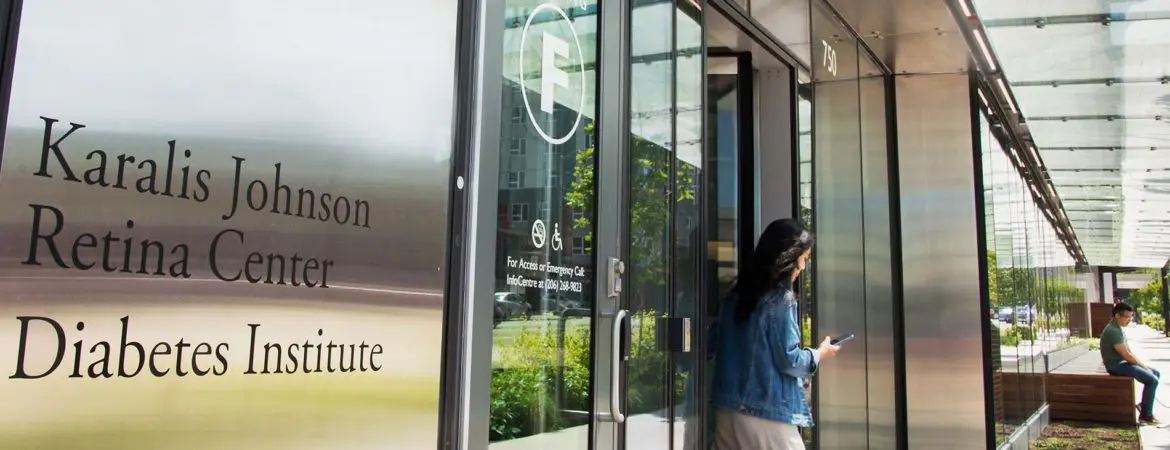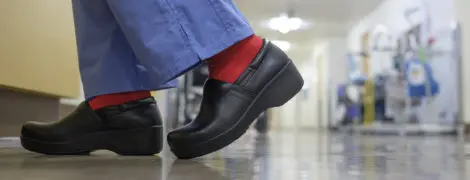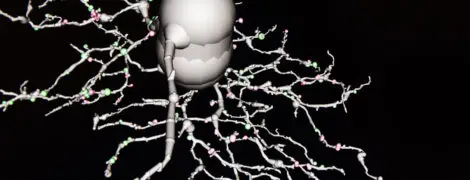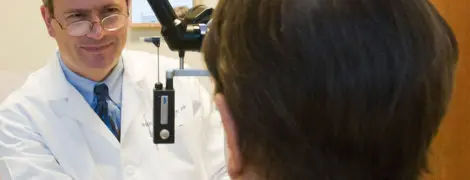UW Medicine is at the forefront of vision science and attracts leaders in ophthalmology research and care. The Karalis Johnson Retina Center is one of only three centers in the country where patients can benefit from the combination of clinical care and the latest retinal research discoveries in a single environment. At the Karalis Johnson Retina Center, clinicians and researchers are working together to find cures for retinal diseases like macular degeneration. The Computational Ophthalmology Program housed at the Center has already made groundbreaking discoveries on the link between eye diseases and Alzheimer’s disease.
Among the cutting-edge vision science research at the UW Medicine Eye Institute’s Vision Sciences Center is a technology called adaptive optics that measures and maps the retina, uniquely positioning UW Medicine to better detect and monitor diseases and to test new therapies for vision restoration. With an interdisciplinary approach that builds on the expertise of researchers across many fields, we are making important breakthroughs that have the potential to advance treatments for people with blinding eye diseases — from delivering new DNA to the eye with a simple injection to using chemical reanimation to restore sight to people with retinal blindness.
As a learning health system, we’re also training the next generation of ophthalmologists for the region and our country, with fellowships in retina, cornea, oculoplastics, ocular inflammatory diseases and pediatric ophthalmology.










